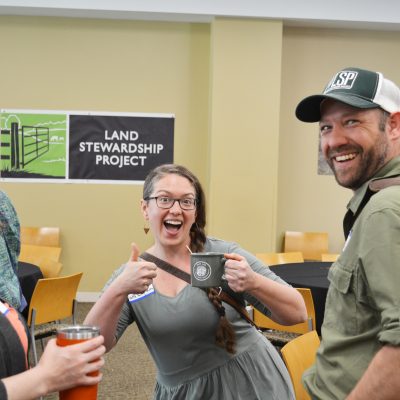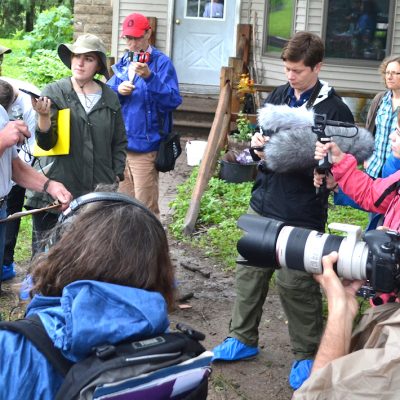Don’t Trash Corn Stover
It’s been clear for some time that the biofuels industry needs to wean itself off of the corn ethanol spigot. Numerous studies show that utilizing the kernels of corn to distill fuel are playing havoc with food and feed prices, while contributing to a devastating plow-up of grassland, hayland, wetlands and just about any perennial… Read More →

